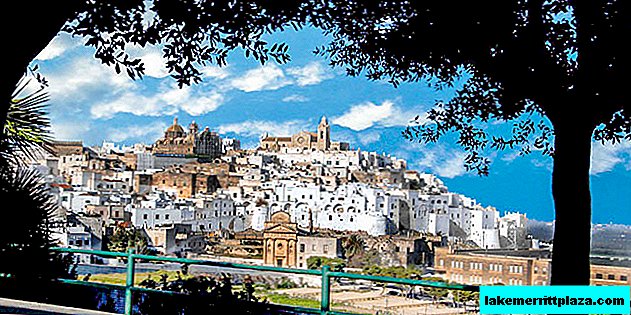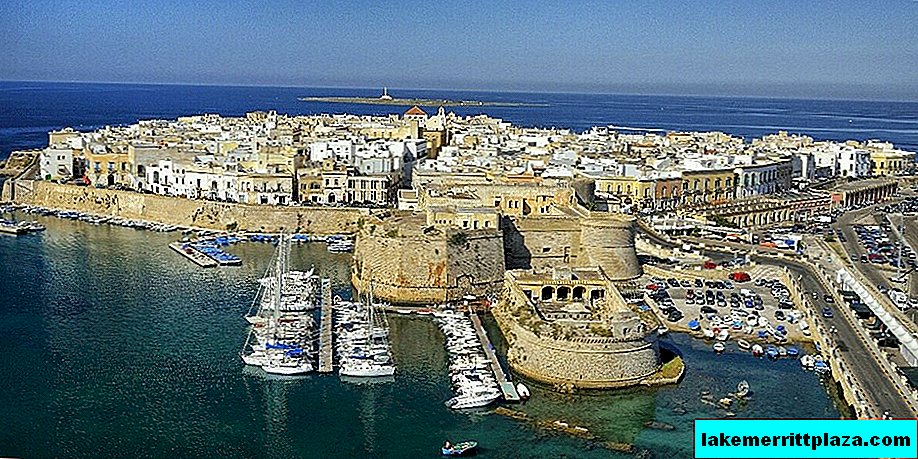Hundreds of Bangladeshi natives, who work in textile factories in Sant'Antimo near Naples, demand that they receive slave status, believing that only in this way they will be able to leave the employer. According to them, the owners of factories force their subordinates to work for almost the entire day, while paying them no more than 250 euros per month.
Immigrants, many of whom are illegally in Italy, claim that employers took their passports from them, thereby forcing them to work 12 hours a day, seven days a week. Bangladeshi residents have already turned for help to the February 3 association, which protects the rights of immigrants in Italy. Representatives of the organization told reporters that they had already filed a petition for the recognition of Sant'Antimo factory workers as slaves.

The International Labor Organization (ILO) defines slavery as "any type of work or service whose performance is imposed against the will of workers through threats or punishments."
The ILO previously stated that this definition falls under over 20 million employees different areas of activity and services.
According to the publication Corriere della Sera, in October 2013 a circular from the Ministry of Labor and Social Policy indicated that the allocation of new quotas for foreign labor in the labor market is not expected in the near future. Over the past five years, during which Italy plunged into an economic crisis, the number of unemployed immigrants in the country increased by 220 thousand and amounted to 383 thousand foreigners, which is equivalent to 14% of the total number of unemployed.

Despite the precarious situation in Italy, the number of foreign employees employed under regular contracts increased to 2.3 million (in 2008 their number was 1.75 million workers).
As for the general indicators for the EU, the unemployment rate among immigrants last year amounted to more than 17 percent (exceeded the same indicator among Italians). After the country got stuck in a crisis, not all foreigners lost their jobs. The most fortunate were the workers in the domestic services sector, while the former employees of the industrial sector were left without a constant source of income.

Today, more than 9 percent of Italy's private enterprises come from non-EU countries. Despite the fact that the number of such companies is growing, most of them remain concentrated in certain areas of activity, and in particular, this applies to foreigners. According to Corriere della Sera, in 2012, nearly half of the foreign workers carried out assignments that did not meet their high qualifications.
The average salary of immigrants from other countries living in Italy amounted to 330 euros less than the salaries of Italians (968 euros against 1304 euros), despite the fact that before the crisis this difference was only 226 euros.
Surprisingly, Corriere delle Sera found out that in 2012 it was relatively easy for immigrants to sign a contract on an ongoing basis, unlike Italians (39 percent versus 17).






